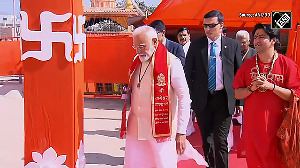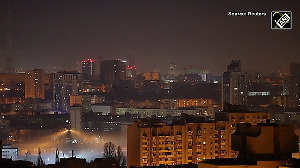The Federation of Indian Chambers of Commerce and Industry sees value added tax as an equitable way to tax the value of sales because it does not discriminate against any activity and is levied on the value addition, which excludes the taxes paid in earlier stages.
However, there are issues like categorisation of products, lack of clarity in introduction of destination-based tax system, treatment of incentives already granted to industrial investments, phasing out of central sales tax, multiple levies, standardisation of forms and consistent legislation, which the government has to resolve.
To address such issues, Ficci has suggested the finance ministry to include services under VAT. It has also said that a general rate be fixed as one national rate and not revenue neutral rate (RNR) for each state , based on fair taxation levels, established for a majority of items not considered essential.
Meanwhile, the RNR rate should be reduced from 12.5 per cent to 10 per cent. Agro-processing must have the current level of excise under VAT and should not increase.
The industry association has also asked the ministry to avoid parallel taxation. There should be one single national VAT, which incorporates service tax, excise duty and sales tax, Ficci said.
It has also called for inclusion of all domestic trade tax such as tax on goods, including work contracts, octroi, entry tax and luxury tax, while moving towards VAT. Also, specific duty structures should be continued in case of specific segments.
Abolition of the central sales tax and uniformity in legislation and rules are the other recommendations by the chamber. There should also be adoption of modern techniques, greater role of the facilitator and self-assessment combined with audit of select cases.
Ficci has further pointed out that the additional excise duty (AED) is levied in lieu of sales tax by the central government on few commodities.
Cigarettes, which falls under the category of finished goods, should be kept out of VAT and the present system should continue as this would reduce tax evasion.






 © 2025
© 2025